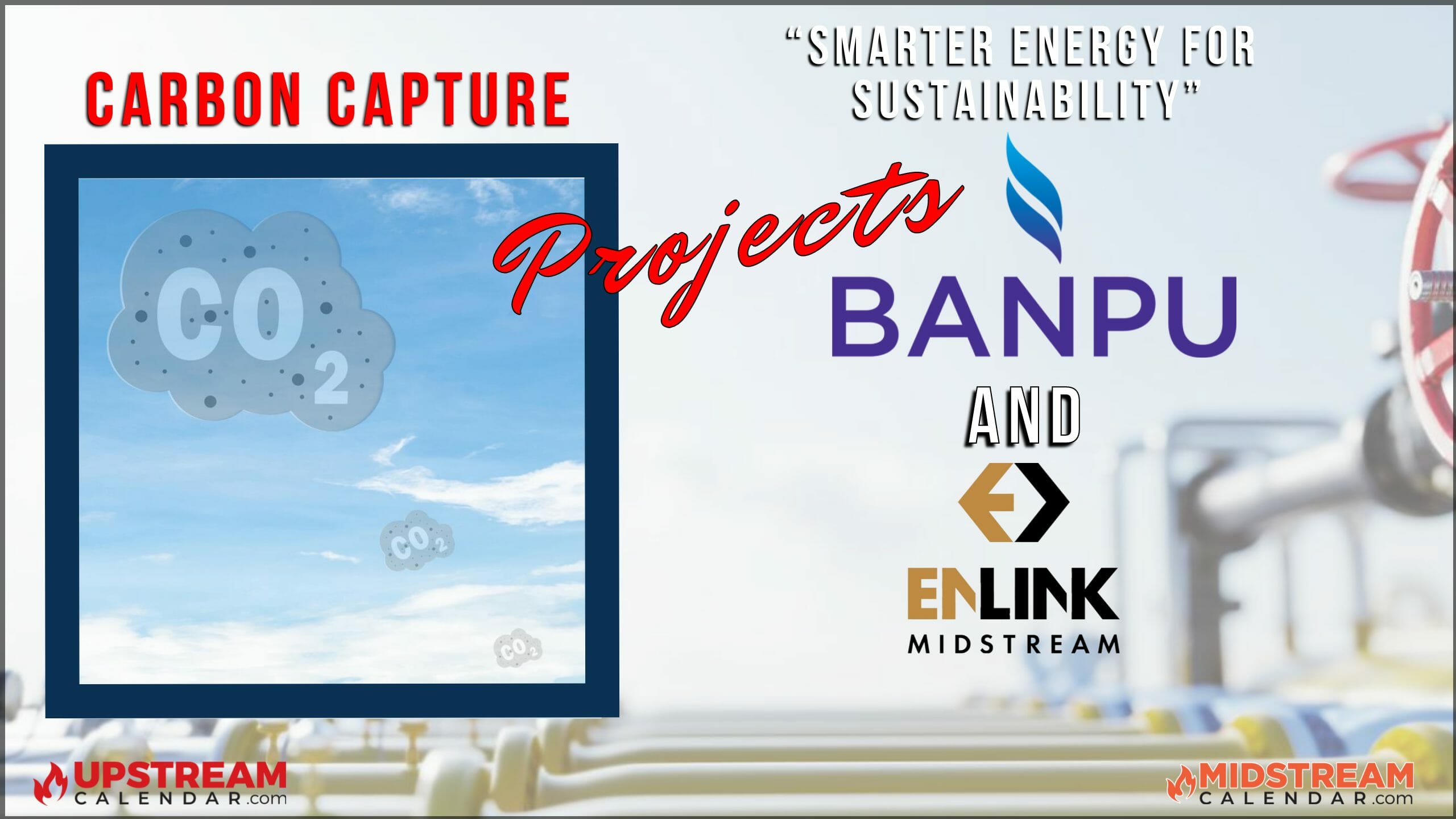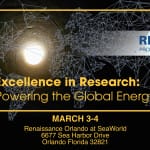“Banpu Public Company Limited, an international versatile energy provider, makes a major move towards concrete emission reduction target through BKV Corporation (BKV), a subsidiary of Banpu in the United States, which has reached an agreement to develop a carbon capture and sequestration (CCS) project in cooperation with EnLink Midstream, LLC (EnLink), a major provider of energy midstream systems (gas separation, compression, and natural gas pipelines) in the U.S. This project operates covering the Banpu’s Barnett Shale gas in Texas, it is expected to be ready for commercial operation by 2023 and will support improvements in production sustainability, reinforcing ESG principles and a “Smarter Energy for Sustainability” stance of Banpu.
Ms. Somruedee Chaimongkol, Chief Executive Officer of Banpu Public Company Limited, said, “As an international versatile energy provider working under the Greener & Smarter strategy, Banpu is committed to operating our business with care for the environment. One of Banpu’s key operations is the pursuit of state-of-the-art and efficient technology and innovations to use in managing greenhouse gases in all business processes from upstream, midstream, and downstream to reduce potential environmental impacts that might occur. This is in line with both global energy trends and government policies in every country where Banpu has operating our business. Investing in the CCS project is another achievement for us in terms of collaborating with business partners and empowering both parties to develop more environmentally friendly production processes while also raising the bar in sustainability development. This will help push Banpu to reach our goal faster in participating in a low carbon society.”
BKV developed CCS project together with EnLink. It is one of the first commercial carbon capture and sequestration projects in the U.S. The aim is to reduce the significant amount of carbon dioxide emissions from natural gas production and transportation process. EnLink will transport BKV’s natural gas produced from the Barnett Shale area operations through its modified pipeline and facility infrastructure to a gas separation and compression plant in Texas. During the process, carbon dioxide will be captured, compressed, and then disposed of through permanent sequestration via BKV’s nearby injection well and will never be released back into the atmosphere.
Mr. Christopher Kalnin, Chief Executive Officer of BKV Corporation, United States, said, “BKV aims to create strong and continued growth for Banpu’s gas business in the U.S. At the same time, we continue to operate our business in accordance with sustainability principles by establishing dCarbon Ventures Unit to support the sustainable growth of BKV in the future while also driving innovation and developing the CCS project, which significantly contributes to environmental goals. It is expected to reduce BKV’s current greenhouse gas emissions by approximately 10 percent, marking an important step towards BKV’s goal of net zero greenhouse gas emissions by 2025.”
Banpu adheres to ESG principles including environment, social, and governance. The Company is using these principles as a guideline in every business process. In the past, Banpu has applied cutting-edge technologies that respond to environmental impact reductions in its production processes, such as combined cycle gas turbines (CCGT) technology applied in the Temple I power plant in the U.S. and the integrated gasification combined cycle (IGCC) in Nakoso power plant in Japan. Using these innovations, Banpu aims to increase fuel efficiency and reduce emissions while also focusing on investments in greener energy business and energy technology in order to meet future demand for energy that is environmentally friendly and smarter by modern technology.
###
About Banpu
Banpu Public Company Limited is an international versatile energy provider, operating three core groups of businesses – energy resources, energy generation and energy technology in 10 countries: Thailand, Indonesia, China, Australia, Lao PDR, Mongolia, Singapore, Japan, the United States of America and Vietnam.”





